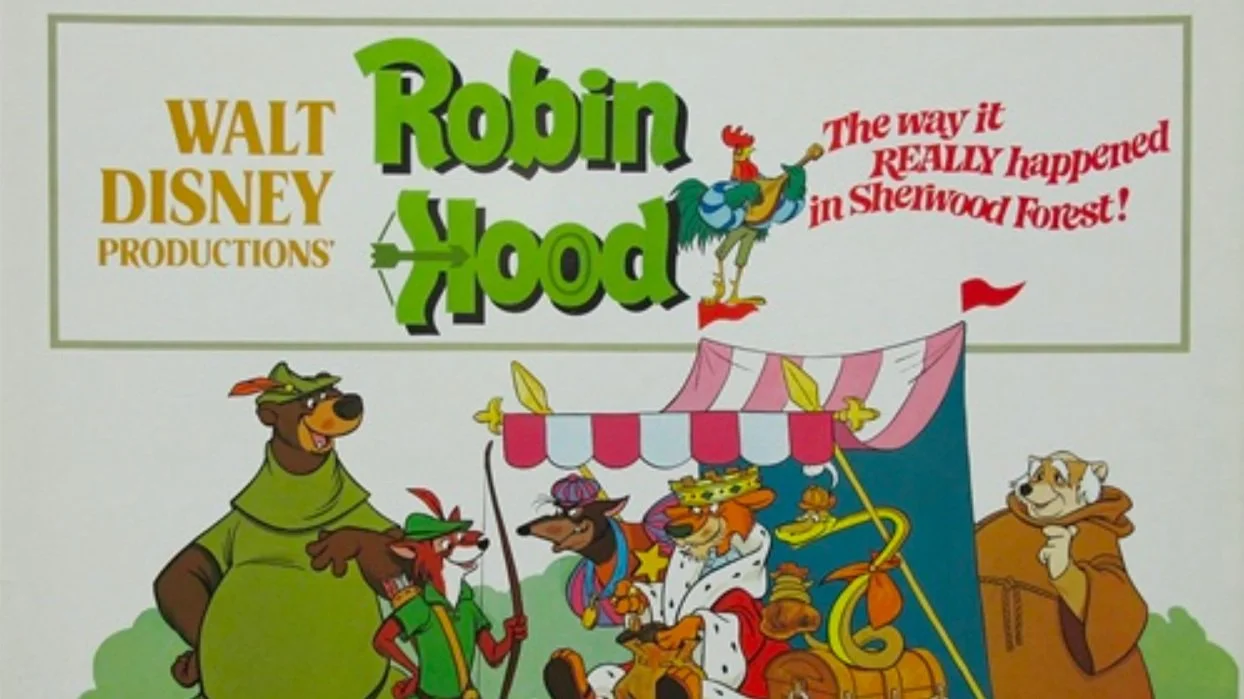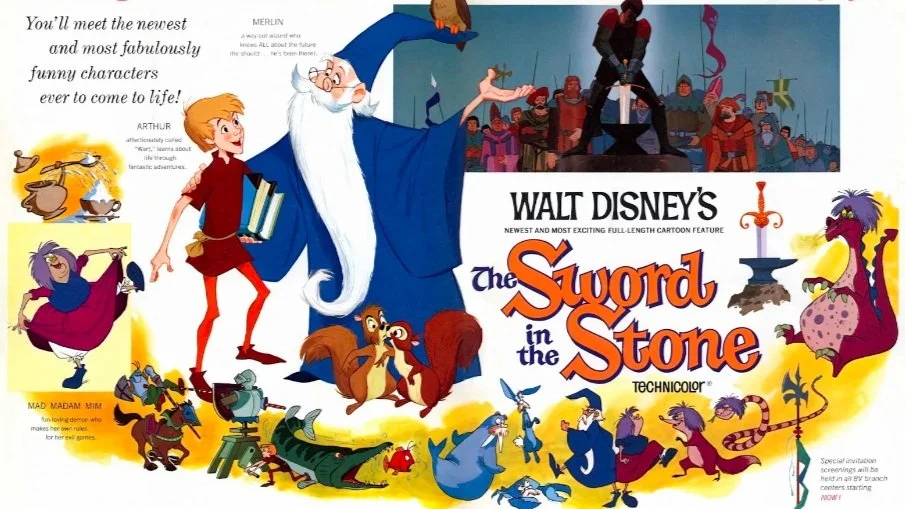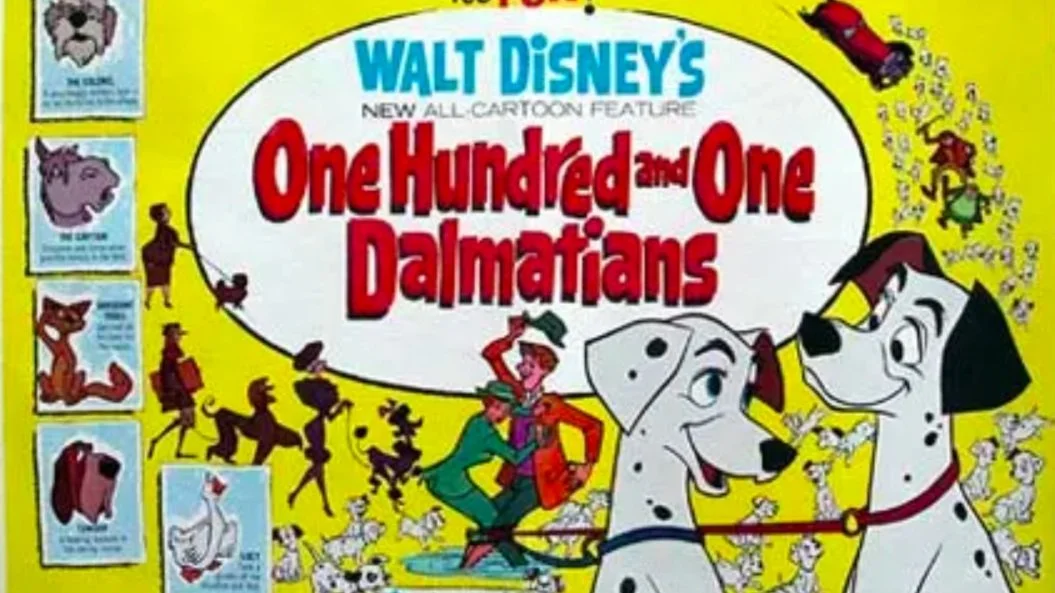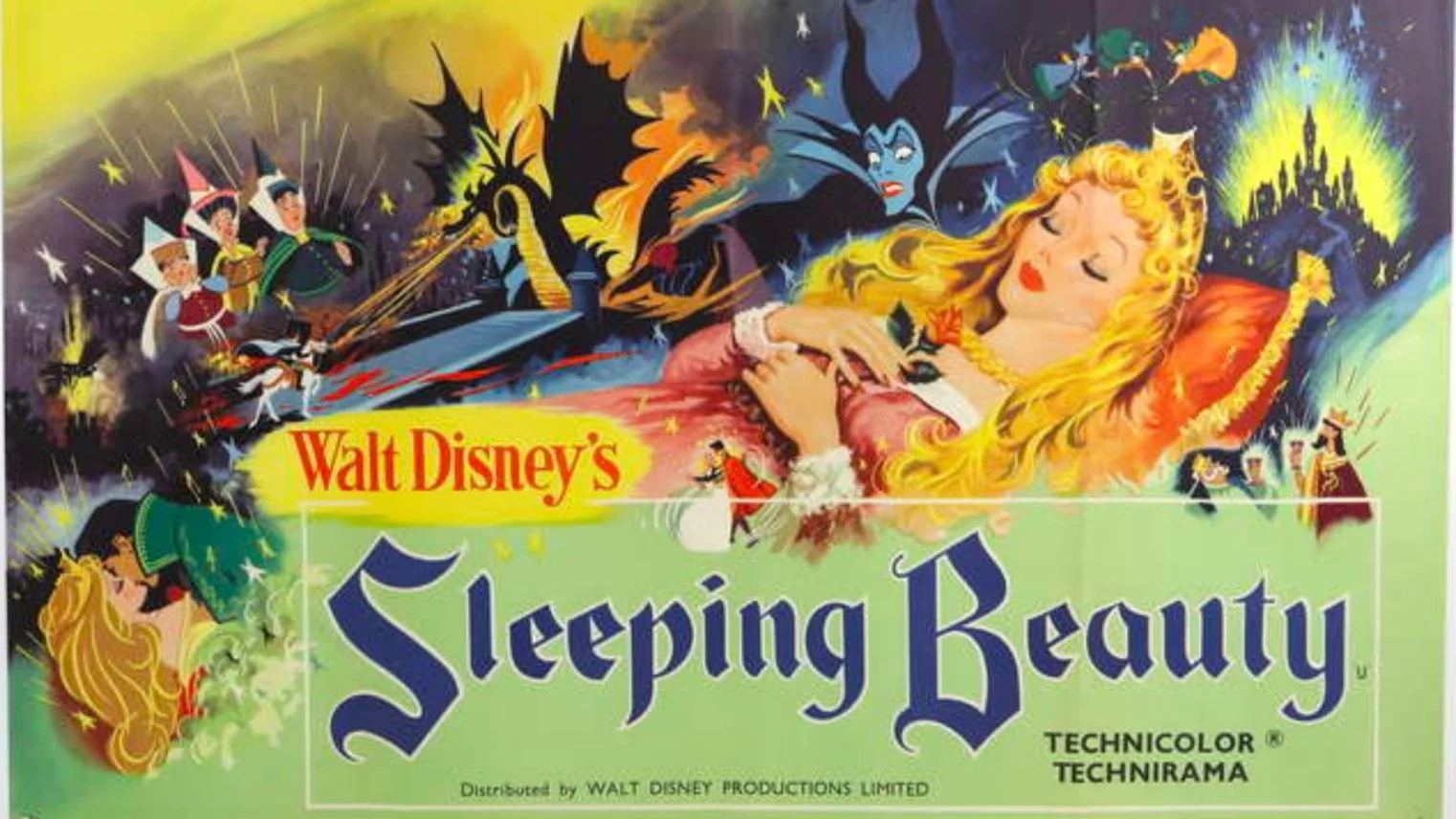Beginner’s Guide to Alfred Hitchcock: Suspicion (1941)
Alfred Hitchcock had a strange relationship to the Oscars. Once he moved to Hollywood in 1940, his films were regularly nominated for major awards. Rebecca won the Oscar for Best Picture, though the director himself lost Best Director. Three other Hitch films were nominated for Best Picture: Foreign Corresponded, Spellbound, and this week’s film Suspicion. In addition to Lifeboat, Hitchcock scored Best Director nominations for Psycho and Rear Window. But after the 1940s, Hitchcock’s films became less favorable with the Oscars. Only one actor received an Oscar for a performance in a Hitchcock film. That would be Joan Fontaine for her starring role in Suspicion.
Based on the novel Before the Fact by Francis Iles, Suspicion follows Lina (Fontaine), a homely young woman and her whirlwind courtship with charming playboy Johnny (Cary Grant). Lina and Johnny elope, much to the disapproval of Lina’s wealthy father General McLaidlaw (Sir Cedric Hardwicke). Upon marrying, Lina discovers that Johnny is in debt due to a gambling problem, has no money, and was intending on living off the General’s money. Lina convinces Johnny to get a job with his cousin Captain Melbeck (Leo G. Carroll) but soon discovers her troubles are not over. In fact, Lina starts to suspect that Johnny is plotting her murder.
I have not read Before the Fact, but from my research Francis Iles intended the novel to be different from other crime stories. Rather than being a murder mystery, the novel is a psychological thriller, experimental in its time for not hiding who the perpetrator is. The tension in the novel comes from the victim slowly realizing that she is going to be a murdered and the reader knows who will do it.
That sounds like a great movie, but Suspicion does not follow that at all. The screenplay, worked on by Samuel Raphaelson, Joan Harrison, and Alma Reville, went through a few drafts with different endings. One idea was that Lina would write a letter revealing that Johnny would kill her, ask him to mail it, and allow herself to be murdered. Why the film differs so much from the novel is disputed. Hitchcock claims that the studio RKO would not allow Cary Grant to play a murderer, an adulterer or a criminal and that audiences would not accept that after his success as a romantic, comedic, and action hero. There is also a theory that Hitchcock didn’t have to be persuaded to change the plot of the novel as much as he claimed.
While it is disappointing that Suspicion does not have the bite it could have had if Johnny had been as despicable as he was in the novel or if Lina’s suspicions had come true. However, Suspicion is a very interesting look at manipulation and marriage as a psychological battleground. Lina and Johnny love each other, but he all he can do is disappoint her and she defers to him because, well, what other option does Lina have? The audience might be telling her to leave him, but Lina is determined to change Johnny.
Joan Fontaine’s performance in Suspicion is pretty outstanding, as she conveys doubt, disappointment and resolution. Fontaine was nominated the year prior for Rebecca but lost to Ginger Rogers (Kitty Foyle). While Fontaine is great in Suspicion, it’s hard not to see her win as a consolation prize for losing the year before. Cary Grant offers a clownish, somewhat unconvincing performance. Despite vowing never to work with Hitchcock again, Cary Grant would do some of his best work with the director in Notorious, To Catch a Thief, and North by Northwest.
Suspicion has some interesting visual images and musical motifs. Hitchcock placed a battery-operated light within the glass of milk that Lina fears is full of poison. The milk glows ominously, emphasizing Lina’s suspicions. Johann Strauss’ waltz “Weiner Blut” is a leitmotif for Lina’s love of Johnny, but played in a minor key as she begins to fear him. Hitchcock also has fun with a Scrabbles-like game, using the words to show Lina’s inner fears. Suspicion is a beautifully done enjoyable psychological thriller, even if the specter of a more fascinating movie hangs over it.














